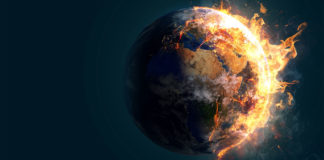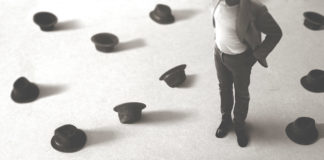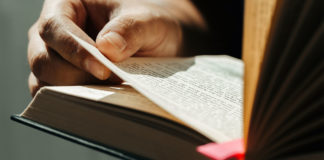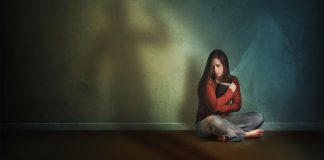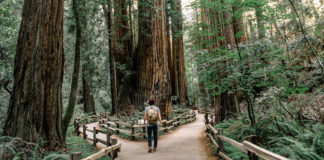The only death that can be avoided
"If there is anything more heartbreaking than a body perishing for lack of bread, it is a soul which is dying from hunger for the light." (Victor Hugo)
Have it your way
“You can have any colour you want, as long as it’s black,” Henry Ford famously said, and the modern mass production revolution began. Today, however, you can customise almost anything. You can blend your foundation to match your exact skin colour. You can design your own shoes; you can personalise your car, your suit and even your M&Ms.
What (not) to say when apologising
"I was wrong. I'm sorry"—these words can have a magical effect on a struggling relationship. But if we fail to show empathy, the apology will sound fake or hurt the offended person even more.
The final days of history
Virtually every civilization has been characterised by religious beliefs about the end of all things, not least about the timing and the conditions that precede the end, and signs of its imminence. There are many differences between these beliefs across civilisations, but many similarities too.
How to encourage others
What if we weren't allowed to use more than 140 words a day? If we entered this game, among the useless words we would give up there would probably be words that convey encouragement too. The sad irony is that we use too few words of encouragement anyway, although the emotional and relational benefits are too important to neglect.
Appeal to popularity. What explains the popularity of an error?
When we consider that a conclusion is founded only if a lot of people consider it true, we fall into the trap of the argumentum ad populum or the appeal to popularity.
Reading for continuous growth
"The acquaintance with a single good book can change a life." – Marcel Prévos
The (un)expected Messiah
“God's viewpoint is sometimes different from ours—so different that we could not even guess at it unless He had given us a Book which tells us such things.”[1](Corrie ten Boom)
We write the future ourselves: an overview of Biblical prophecy
The Bible, a prophetic book par excellence, is often misinterpreted. Its prophecies can seem fatalistic, or fear-mongering. But, when understood correctly, Biblical prophecy more than unravels the future—it also provides us with a clearer perspective on the present.
The sleep of reason and Goya’s monsters
"If I were tortured, I would confess to anything. I would confess to being the Sultan of Turkey," says Goya in a film by Milos Forman. "No, you wouldn't!" Father Lorenzo contradicts him, but Goya insists: "I would confess anything to avoid torment."
Does life have meaning, or not?
When I ponder the statement, “Life holds potential meaning under any condition, even the most miserable,” the story of an anonymous woman comes to my mind. She made a deep impression on me and taught me about two existential states: having, and being.
Everything natural is good. True or false?
There seems to be an obsession with the word "natural." We look for it everywhere and, if necessary, are willing to pay more for products deemed natural. If this were not the case, there would probably not be so much emphasis on advertisements and product labels that show the products' natural qualities.
Domestic violence can be a precursor to suicide
Many times, we don't even know their name or story until they make the news. We might judge them for being too weak to break free from an abusive environment, but we know too little about the terrifying impact domestic violence has on women's health and well-being.
Choosing happy
Paul was imprisoned by the Roman Emperor. He was on Death Row. Every morning, when he opened his eyes, he didn’t know if this day would be his last, and whether he would be thrown to the lions or burned.
Is it monotonous to be monogamous?
The possibility of completely rewriting the rules by which we organise our lives has always captured people's imagination. However, such a reorganisation has materialised, at best, in the pages of a philosophical book and has remained, for the most part, a utopia. But there are exceptions, of course.















